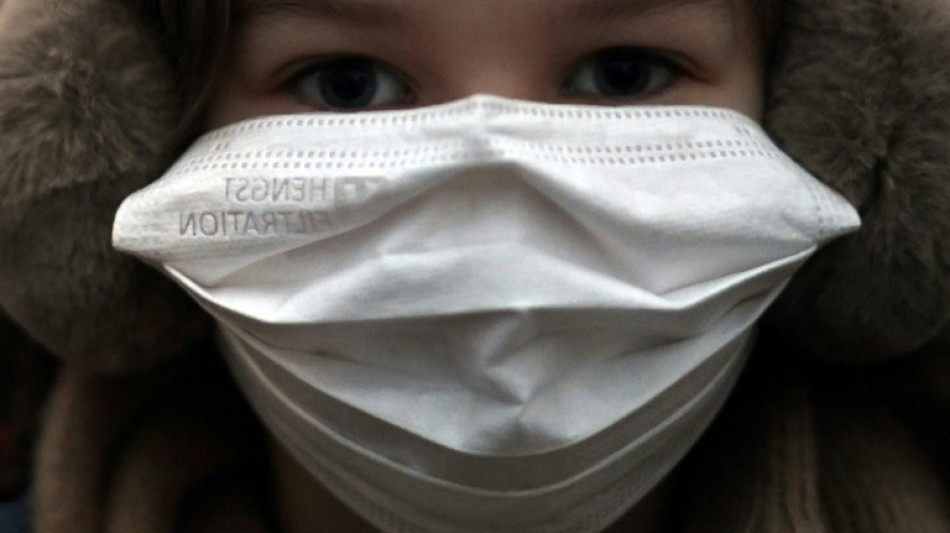
CMSD
0.0000


Covid-19 is again surging in Western Europe due to a "perfect storm" of governments lifting restrictions, waning immunity and the more contagious BA.2 Omicron subvariant, experts said Monday.
After more than a month of falling cases across much of the continent, countries such as Britain, France, Germany and Italy have all seen a dramatic resurgence of infections in recent days.
In France, cases have risen by more than a third in the week since the government ended most Covid restrictions last Monday.
In Germany, despite a new daily record of nearly 300,000 infections on Friday, the government let national legislation enabling coronavirus restrictions expire over the weekend. Most German states, which have considerable leeway on applying measures, have however maintained the restrictions.
In Italy, the government announced on Thursday it would phase out almost all restrictions by May 1 despite rising cases.
And in Britain, where one in 20 people are currently infected, the government removed the last of its international travel restrictions on Friday.
Faced with its own surging cases, Austria announced on the weekend it would reimpose rules requiring FFP2 face masks -- just weeks after lifting the measure.
- 'Stealth Omicron' -
While some have blamed governments for relaxing restrictions too quickly, epidemiologists also pointed the finger at the BA.2 sub-lineage of the Omicron variant which has become dominant in many countries.
Sometimes called "stealth Omicron" because it is more difficult to detect, BA.2 is estimated to be about 30 percent more contagious than its predecessor BA.1.
Lawrence Young, a virologist at Britain's University of Warwick, said the rising cases in Europe were due to a combination -- "a perfect storm" -- of three factors: the lifting of restrictions, waning immunity after vaccination and BA.2.
"Removing restrictions has fuelled the spread of BA.2 and could also lead to the generation of other variants," he told AFP.
Antoine Flahault, director of the Institute of Global Health at the University of Geneva said there were "a couple of hypotheses on the table, which are not mutually exclusive".
He told AFP that BA.2 was "clearly a relevant suspect in explaining the current rebound", also mentioning waning immunity and the easing of measures.
He also pointed to air pollution in Western Europe during the infection resurgence, referring to research that showed "strong correlation" between Covid outbreaks and high levels of fine particulate matter in the air.
Simon Clarke, cellular microbiology professor at the University of Reading, said that despite soaring cases in Britain, "concern about the virus among the public seems to be at an all-time low since the start of the pandemic.
"The BA.2 version of Omicron seems to be behind this uptick in infections, which again shows how quickly the situation can change as the virus evolves into new forms," he told the Science Media Centre.
- New variant threat -
In a bid to bolster waning immunity, some nations such as France have started rolling out fourth vaccine doses.
In England, a fourth booster shot will be made available to care home residents, people aged over 75 and the immunosuppressed this week, the National Health Service said Sunday.
However the World Health Organization has warned that new variants were more likely to continue emerging if wealthy nations continue to boost their own citizens ahead of sharing vaccines with countries where many have not received their first dose.
Jean-Francois Delfraissy, president of the French government's scientific advisory board, has already warned of potential variants.
"We are at the mercy of a new variant which, if we ask the scientist community, could be expected in the autumn... it could happen before then," he said last week.
"Will it be a more transmissible variant? Will it be more severe? Will it escape the vaccine? Nobody knows."
M.T.Smith--TFWP